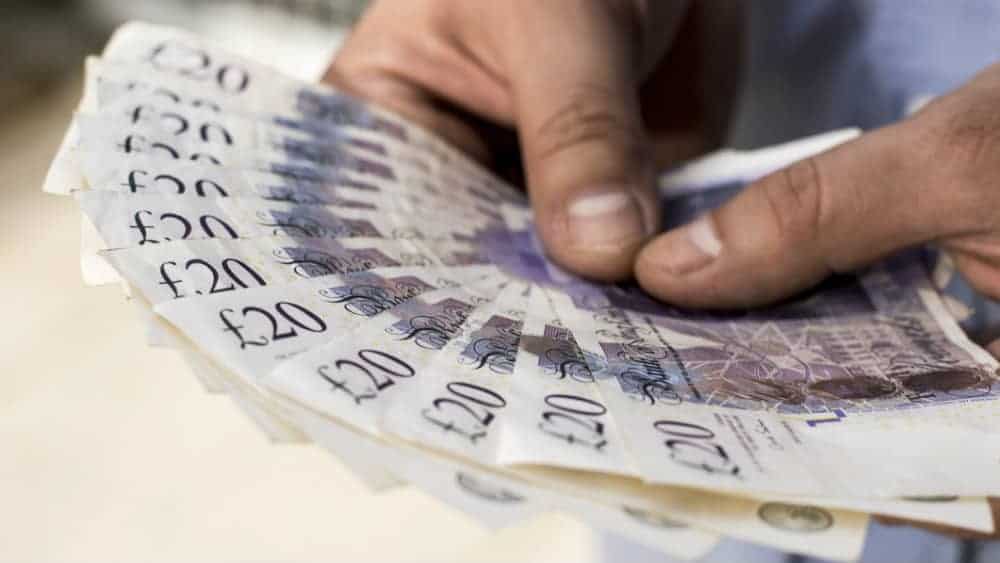You may have seen reports that the UK’s economy has grown in recent months. The latest gross domestic product (GDP) figures are being presented as largely positive for the country by economists. But, what do these GDP figures actually mean for you and your finances? Read on to find out.
[top_pitch]
What are the GDP figures?
The Office for National Statistics (ONS) reveals figures every three months that show whether the UK economy is growing on contracting.
Between April and June 2021, as most businesses came out of lockdown, the UK economy grew by 4.8%. This is the fastest economic rebound since 1973.
The data from the ONS showed that this growth was fuelled largely by retail, restaurants and hotels, as people made the most of these venues being open once more. Education also contributed to the growth as schools reopened during this period.
While this growth might seem impressive, it’s still below the 5% that the Bank of England had predicted.
The economy still remains 4.4% smaller than it was before Covid-19.
[middle_pitch]
What does this mean for your finances?
These figures are all well and good, but what do they mean for you and your money?
Businesses performing well is generally a good thing. When businesses are confident, they tend to employ more people and are happier to spend more money on improving their services and perhaps giving existing staff bonuses or pay increases.
Positive GDP figures are also a good sign for investors. A weak economy suggests lower earnings and lower stock prices, while a growing economy suggests the opposite. Investors may now be more confident and expect higher returns.
In more good news for investors, the Bank of England has also lifted its ban on banks paying dividends.
This would suggest the GDP figures will have a positive impact on your finances.
However, economic growth was largely caused by an increase in consumer spending. Savings rates hit record levels during the lockdowns over the past 18 months, and the UK paid off around £16 billion in loans and debt in 2020.
Since lockdown has eased, it appears we’ve been dipping into our wallets once more.
According to the Bank of England, credit card spending is now at 99% of what it was pre-pandemic. A lot of people are spending a lot more on going out and socialising than they have for a while.
This may be good for the overall economy, but, on a personal level, it might not be as good for your budget and your saving goals.
What could happen in the future?
Predicting what might happen with the economy is notoriously difficult. None of us has a crystal ball.
The latest GDP figures offer encouraging signs that the UK economy could be heading towards pre-pandemic levels. If this happens, unemployment levels should be relatively low and salaries could potentially increase to reflect the more competitive labour market.
However, doubts still remain.
Some economists are still wary about the impact the Delta variant of Covid-19 could have, particularly as we enter the winter months.
Others cite the end of the furlough scheme as a cause for concern.
At the beginning of July, between 1.3 million and 1.9 million people were still on full or flexible furlough. The exact figure may be lower now as all restrictions were lifted on 19 July. Despite this, a significant number do remain on furlough, and many are still worried there might be an increase in unemployment when the scheme ends on 30 September.
As a result of these concerns, there’s a strong possibility that future growth will be slower than in the second quarter of 2021.







